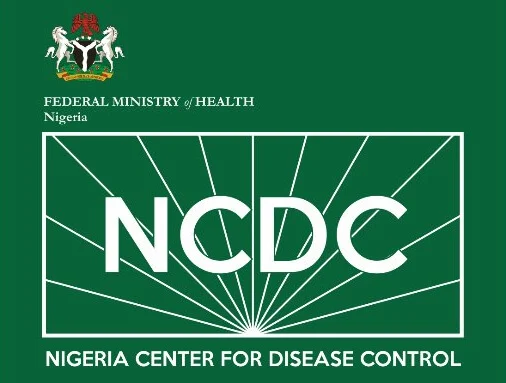No fewer than 156 Nigerians have died and 1,858 others infected by Cerebrospinal Meningitis (CSM) across 23 states since the start of the current meningitis season, the Nigeria Centre for Disease Control and Prevention has disclosed.
In its latest CSM situation report, the NCDC warned that the outbreak remains active in several high-burden states, with Kebbi, Sokoto, and Katsina leading the grim tally.
Kebbi alone accounts for 881 suspected cases—almost half of the national total—followed by Sokoto with 303 and Katsina with 158.
The Centre revealed that 10 states currently account for 94 per cent of all suspected cases, listing others as Jigawa (147), Yobe (109), Gombe (47), Bauchi (66), Borno (36), Adamawa (27), and Oyo (23).
At least 17 local government areas across nine states have each recorded over 10 suspected cases, with Gwandu (313), Aliero (143) in Kebbi, and Tambuwal (155) in Sokoto among the worst-hit.
During Epidemiological Week 12 (March 17–23), 315 new suspected cases were recorded, down from 418 the previous week—marking a 65 per cent drop.
Still, the agency confirmed 38 new infections during the same period, comprising 23 cases of Neisseria meningitidis serogroup C (NmC), 14 NmW, and one case of Streptococcus pneumoniae.
Fourteen deaths were recorded within the week, placing the weekly case fatality rate at 4.4 per cent.
“Four LGAs—Gwandu, Aliero, Jega, and Tambuwal—have crossed the epidemic threshold,” the report stated, underscoring the urgency of targeted interventions in these areas.
Despite the marginal decline in weekly cases, the NCDC emphasized that the outbreak remains a public health emergency requiring coordinated multi-sectoral response.
The National Emergency Operations Centre continues to track the situation across affected regions.
Since the onset of the meningitis season in Week 40 of 2024, cases have been reported from Adamawa, Akwa Ibom, Anambra, Bauchi, Bayelsa, Benue, Borno, Ebonyi, Ekiti, the FCT, Gombe, Jigawa, Kano, Kaduna, Katsina, Kebbi, Niger, Ondo, Osun, Oyo, Plateau, Sokoto, and Yobe States.
The NCDC urged Nigerians, especially those in high-risk communities, to observe preventive measures, seek early medical attention, and support government-led vaccination campaigns as the dry season—typically associated with higher transmission—continues.
Do you want to share a story with us? Do you want to advertise with us? Do you need publicity for a product, service, or event? Contact us on WhatsApp +2348183319097 Email: platformtimes@gmail.com
We are committed to impactful investigative journalism for human interest and social justice. Your donation will help us tell more stories. Kindly donate any amount HERE




